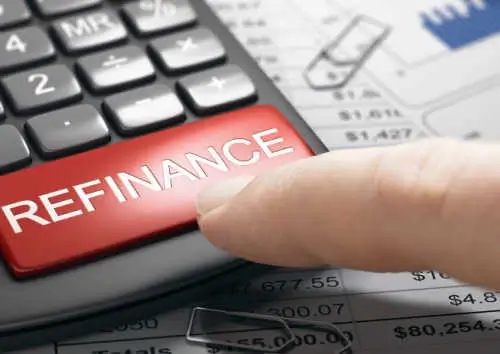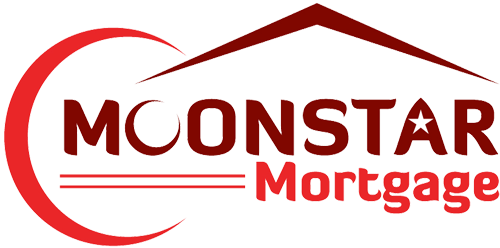
In today’s world it can be easy to rack up lots of high interest debt: credit card bills, student loans, auto loans, etc. If you are a homeowner, you may be able to consolidate all that debt and make it easier to afford with a refinance loan. Here’s how it works and why it might be a good choice for you:
What Is Debt Consolidation?
Debt consolidation means getting a new loan large enough to pay off all your other debt obligations. This gives you just one monthly payment to keep track of, hopefully helping you to more easily make timely payments, protecting your credit profile. Consolidation works best when the new loan has a lower interest rate than most of your existing debt.
How to Consolidate Your Debt with a Refinance Mortgage
As a homeowner, you can choose to replace your current mortgage with a new one. This is called a refinance loan. And there are refinance mortgages that allow you to pull out extra money from your home’s equity, giving you access to cash for whatever purpose you decide. The benefit of this plan is that mortgage interest rates are usually much lower than rates on other debt. For example, today’s mortgage rates range between 6%-7% while charges for carrying a monthly credit card balance can be as much as 25%. So not only do you trade several payments for just one, but you save yourself a ton in interest costs going forward.
Cash Out Refinance Requirements
To be able to pull money out of your home in a refinance, you’ll need more than 20% equity. For example, that means if your home is currently worth $300,000, you’ll need your mortgage balance to be below $240,000. That is because most lenders want you to leave at least 20% equity in your home to keep plenty of “skin in the game.” This lowers your risk of default and helps protect the lender’s investment. The more equity you have, the more you’ll be able to cash out. (The exception is VA refinance loans; if you qualify for a VA loan you may be able to pull out up to 100% of your equity.)
For a conventional cash-out refi, you’ll also need to have a minimum credit score of 620. The FHA’s cash-out refinance program can work with credit scores as low as 600. You can pull a free copy of your credit report from any of the three reporting agencies to find out your score before applying.
Combining all your debt into one low-interest rate mortgage can be a smart way to save money. With a debt consolidation loan, you should be able to lower your monthly debt payments and hopefully also reduce your monthly interest expense. Just be sure you understand the implications of consolidating your debt in a refinance loan.
If you're interested in a debt consolidation loan or you have any questions please give us a call today.
These materials are not from HUD or FHA and were not approved by HUD or a government agency and in some cases a refinance loan might result in higher finance charges over the life of the loan.

